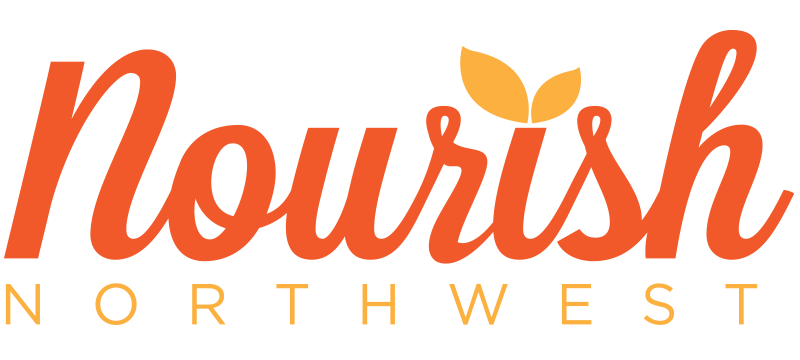Get SMART about Your Goals
Post by Lily Gil, Personal Trainer and Group Fitness Instructor, Nourish Northwest
Get SMART About Your Goals
As promised, here’s the much anticipated post on SMART goals. SMART goals are used across many different fields including in fitness, motivational coaching and therapy, due to its power in turning vague desires into practical, achievable, and intentional outcomes. A while back I posted about the difficulty in sticking to our New Year’s Resolutions, so go ahead and dust that list off and choose one that you’re ready to accomplish! Keep that goal in mind as you read through the rest of this post.
SMART stands for the following:
Specific: Choose a goal that is very clear and direct. Say you’d like to get healthy. Well, what exactly does that mean to you? Does that mean buying chocolate covered almonds instead of a family-sized bag of gummy bears? Rather than the vague goal, “get healthy” or “exercise more”, a specific goal means thinking about the what, when, where, how and why. Think especially about what is it that you want to achieve, and how exactly you going to work to get there.
Measurable: Making a goal measurable means having a way to quantify it. For example, sticking with the goal of dropping 5lbs, that may mean working to lose 1lb a week, for a total of 5 weeks. Or, if you’re training for that 5k, think about how often you will run each week and for what duration, so that you have a plan laid out that you can stick to as the weeks go by.
Attainable: An attainable goal is one that is scientifically achievable. That’s to say, I may want to build a six pack in a week’s time, but I know my body well enough to say it’ll take me two weeks. Just kidding. It would take me way longer than that. Similarly, if you are currently bench pressing 30lbs and your goal is to bench press 31, you might be going a bit too easy on yourself. Make your goal challenging enough to push you, but not overly ambitious. You’re trying to accomplish it after all!
Relevant/realistic: Think about what makes sense for you, based on your own life, personality, access, etc. If I am prone to shin splints, it probably isn’t a very good idea for me to start running 30 minutes, 3 times a day, without working with a physical therapist and starting slowly, with shorter runs. Likewise, you may really want to transition to a vegan diet, by swapping one meaty, cheese dinner a week with an equally scrumptious vegan dinner, but if you can’t cook, or hate vegetables, that may not be a great idea. Although, you could certainly call upon Nourish Northwest for some personal cheffing to make you some delightful vegan meals (like tasty veggie tacos), or try out a cooking class with us. Regardless, it is your goal and your life, so make it work for you!
Timely: Set a deadline for that goal! It might be hard to stick to a goal with an end date that is too far away. Choose a 5k race that is 10 or 12 weeks away, or set a timeline and then write it on your calendar!
Now that you’ve read through the meaning behind SMART, go ahead and come up with a SMART goal of your own.
Here are some examples to help you out:
I will run 3 times a week to increase my running speed so that I can run my upcoming September 10K race in less than 1 hour.
I am going to decrease my overall body fat percentage by 4 percent in 3 months by taking a Bootcamp class 3 times a week and working with a dietitian to create a nutrition plan.
Creating SMART goals can help make those hopes a reality, by breaking them down into a mini plan of action and keeping us motivated. If you need any help setting some SMART goals, feel free to talk to one of us at the end of a fitness class! We are here for you and happy to be a resource. Go forth and set some goals!




